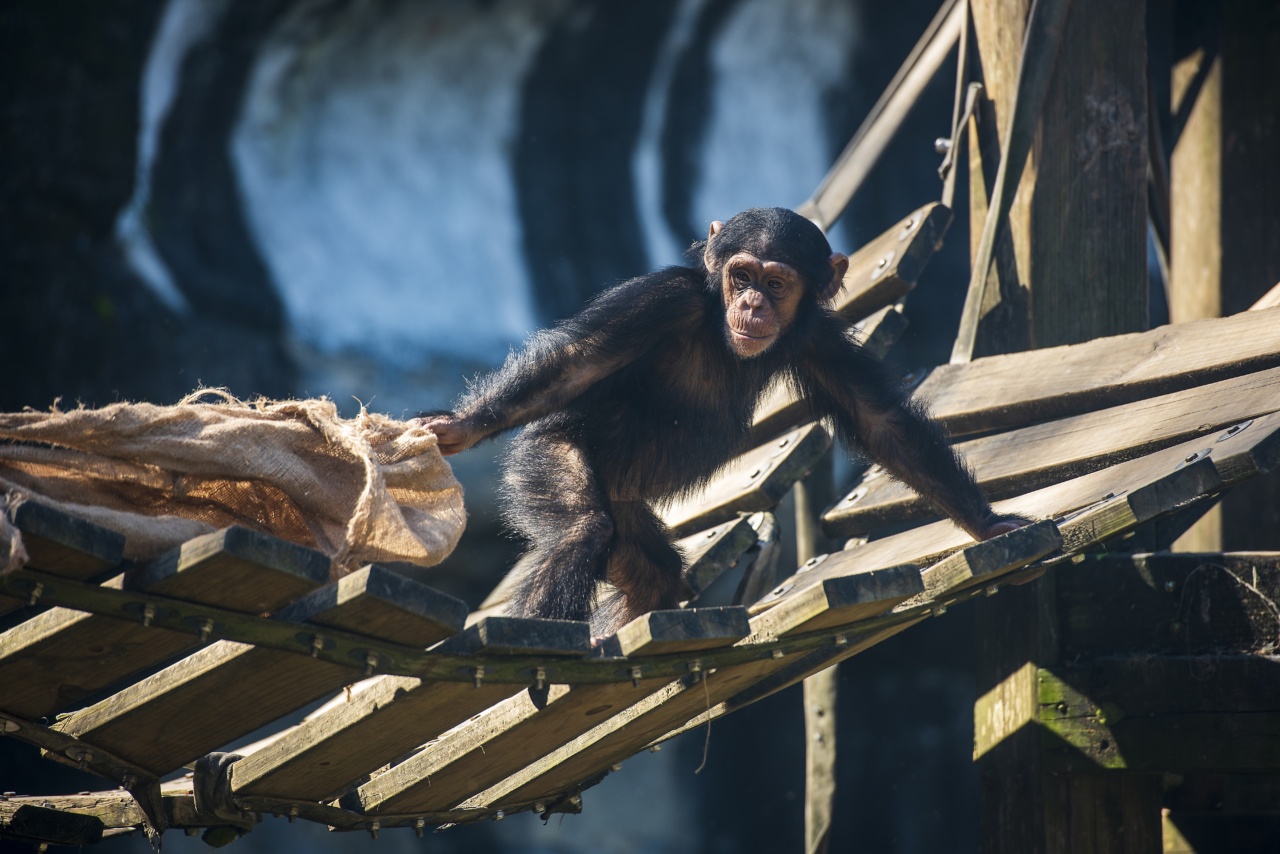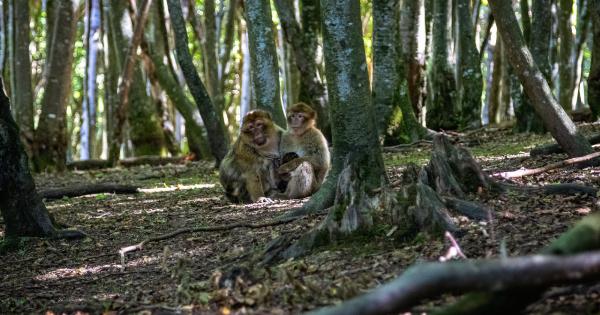Spain is known for its beautiful beaches, warm weather, and delicious cuisine – but it is also known for something else: the 21 monkey cases.
These cases involve the illegal possession, sale, and mistreatment of primates, which has become a growing problem in Spain over the years.
The Rise of the Primate Trade in Spain
Spain has become a major hub for the illegal primate trade, with more than 1,000 primates smuggled into the country each year. These primates are often sold as pets or used for entertainment purposes, such as in circuses or for street performances.
The primate trade is an extremely lucrative business, with baby primates often fetching prices of up to €10,000 ($11,300). This has led to an increase in the number of people illegally obtaining and selling primates in Spain.
The 21 Monkey Cases
The 21 monkey cases refer to a group of court cases that were brought against individuals who were found to be illegally possessing, selling, and mistreating primates in Spain.
These cases were brought to light in 2018 and have since been a major topic of discussion in the country.
The 21 monkey cases involved a total of 50 primates, including marmosets, capuchin monkeys, and tamarin monkeys. Many of these primates were found to be malnourished and suffering from various health conditions.
The Impact of the 21 Monkey Cases
The 21 monkey cases have had a significant impact on the conversation surrounding the illegal primate trade in Spain. The cases have shed light on the severity of the problem and have led to increased efforts to combat the trade.
In 2019, the Spanish government introduced a new law that restricts the ownership of primates to zoos and research centers. This law has helped to decrease the number of primates being illegally sold as pets or used for entertainment purposes.
The Problem Continues
While the 21 monkey cases have led to some positive changes, the illegal primate trade in Spain continues to be a major problem. Many people still obtain and sell primates illegally, often through online platforms.
In addition, the COVID-19 pandemic has made it even more difficult to combat the primate trade. With many countries imposing travel restrictions, it has become easier for smugglers to transport primates across borders without detection.
The Future of Primate Welfare in Spain
The fight against the illegal primate trade in Spain is far from over. It will require a long-term commitment from the government, law enforcement, and the public to combat this issue and ensure the welfare of primates.
There are several things that can be done to address this problem, including increasing penalties for those who are caught illegally selling or mistreating primates, enforcing stricter regulations on the import and export of primates, and educating the public on the dangers and cruelty of the primate trade.
Conclusion
The 21 monkey cases have highlighted the severity of the illegal primate trade in Spain and the need for increased efforts to combat this issue.
While progress has been made, it is important to continue to raise awareness and take action to ensure the welfare of primates.






























